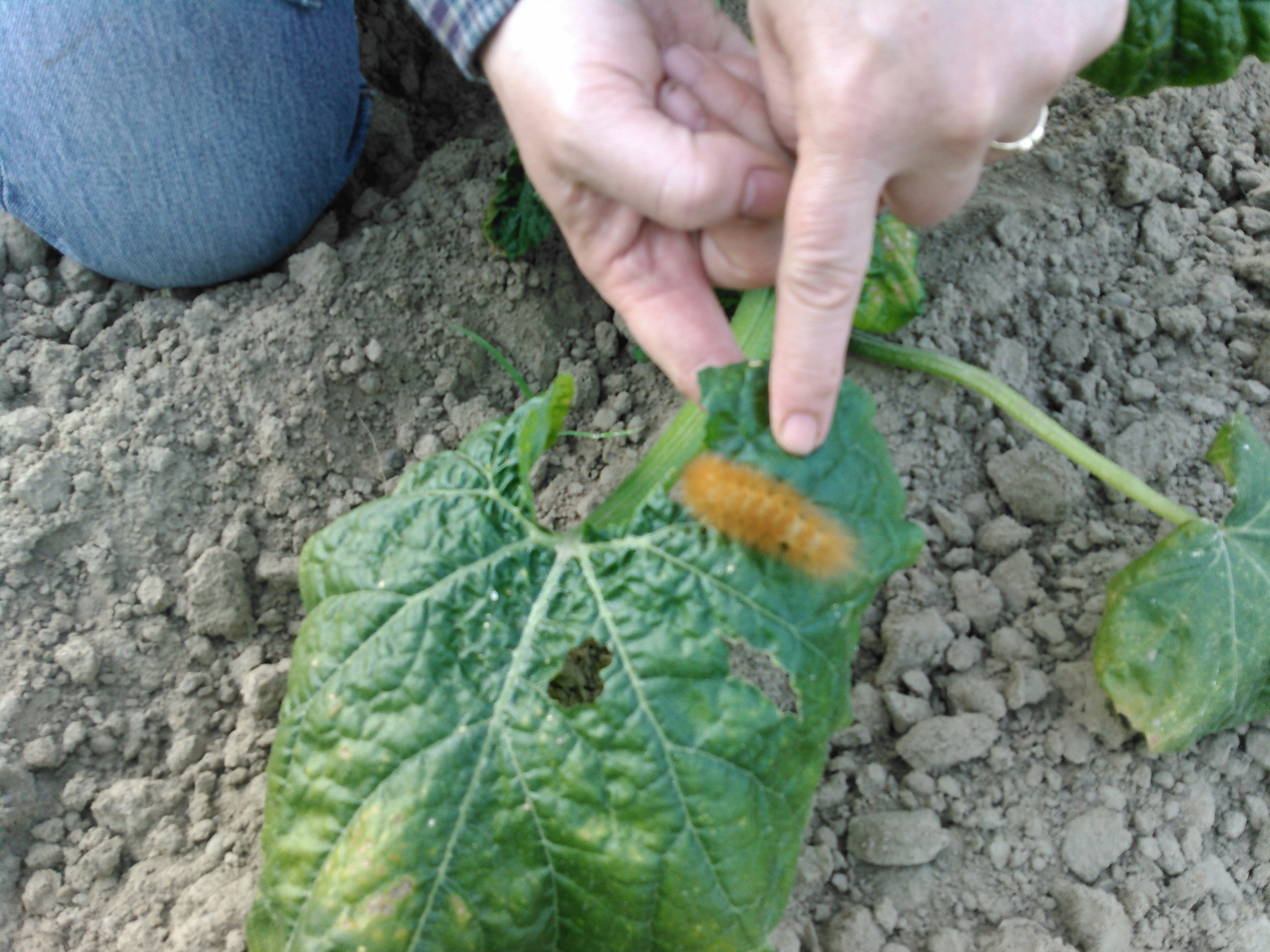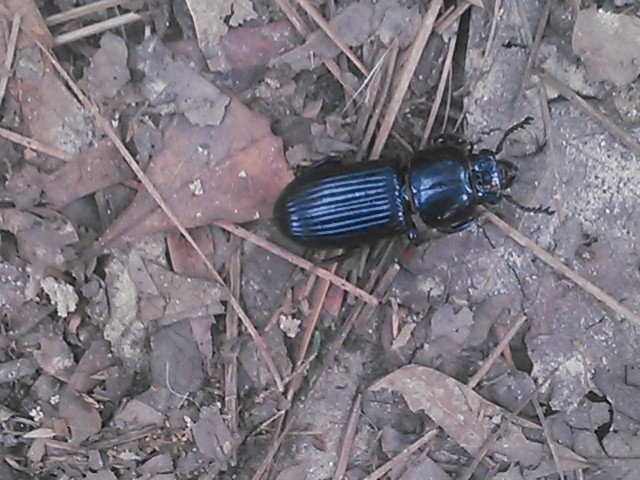This dragonfly repeatedly swooped down to the dog bath water and up.
![[Movie: Dragonfly drinking (34M)]](http://www.okraparadisefarms.com/pictures/2025-07-21--dragonfly-dog-bath/20250721_122312.jpg)
Movie: Dragonfly drinking (34M)
I’m guessing it was drinking.
Maybe this is how they lay eggs? If so, it will be disappointed, since we do change the dog bath water from time to time.
It’s much easier to see the insect in the video:
https://youtu.be/zqUusDsAhpA Continue reading
![[Beautyberry fruit setting, 2025:06:15 10:36:03]](http://www.okraparadisefarms.com/pictures/2025-06-15--beautyberry/20250615_103603.jpg)
![[Dragonfly and blackberries]](http://www.okraparadisefarms.com/pictures/2024-06-05--dragonfly-blackberries/20240605_183608.jpg)
![[Mantis]](http://www.okraparadisefarms.com/pictures/2021-08-07--mantis/20210807_152046.jpg)
![[Scorpion and Lizard]](http://www.okraparadisefarms.com/pictures/2020-10-17--scorpion-lizard/scorpion-lizard.jpg)
![[Wasps on corn leaf]](http://www.okraparadisefarms.com/pictures/2020-06-29-grapes-corn-wasps/20200629_094437.jpg)
![[Wasp nest]](http://www.okraparadisefarms.com/pictures/2020-04-12--azaleas-pond-dogs-herons-woodpecker/20200412_111955.jpg)


